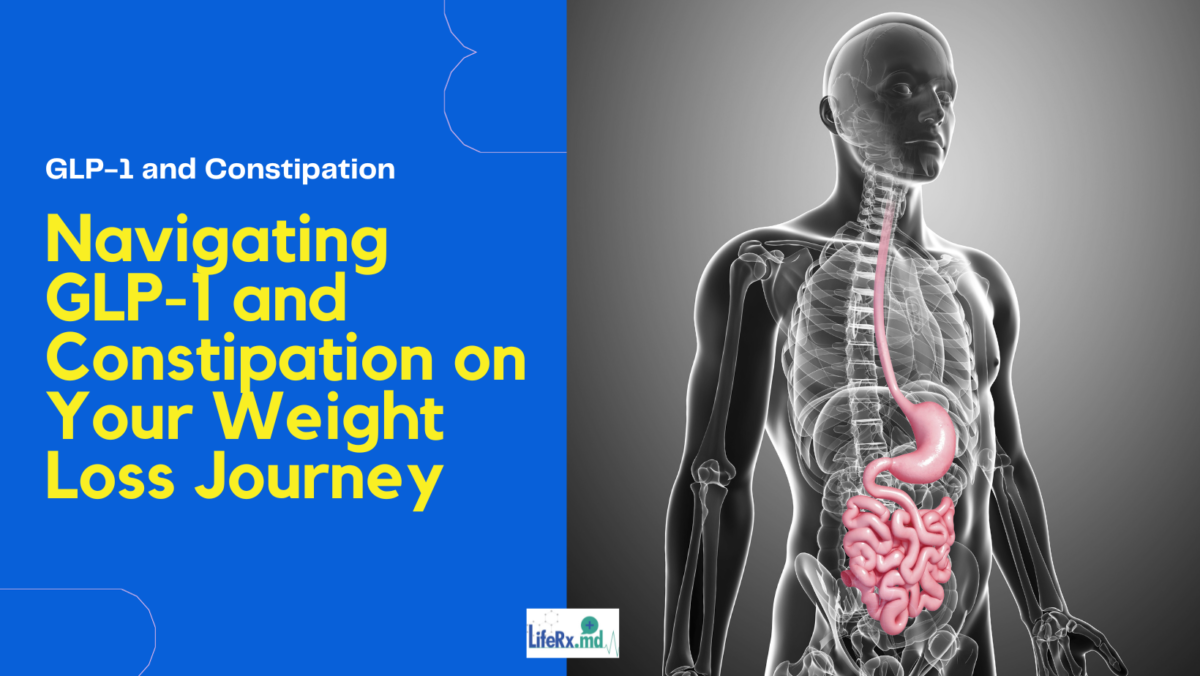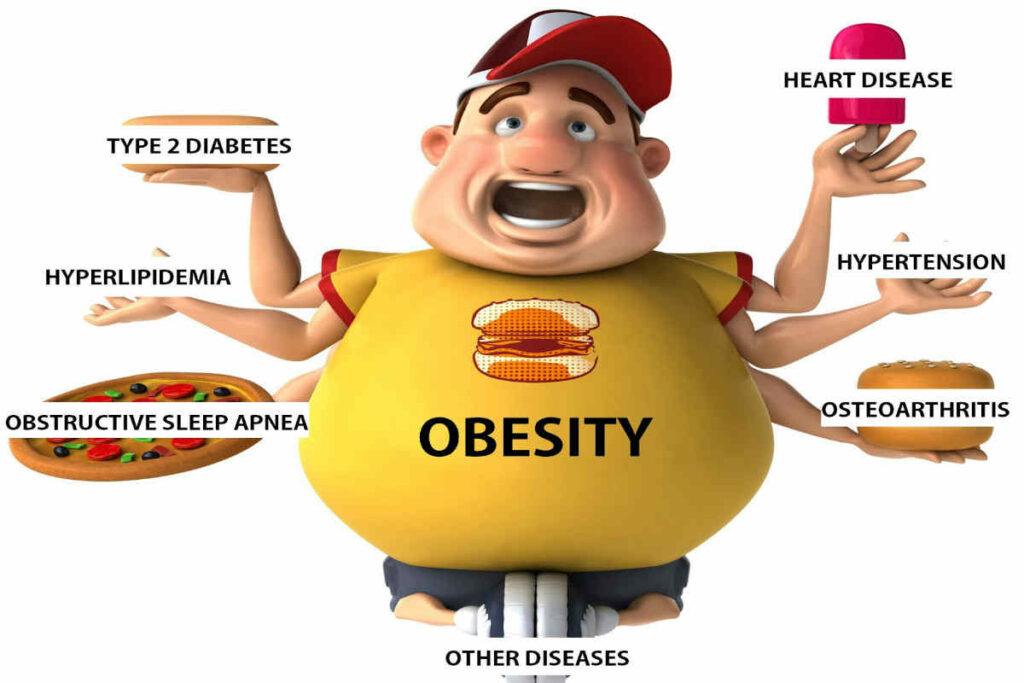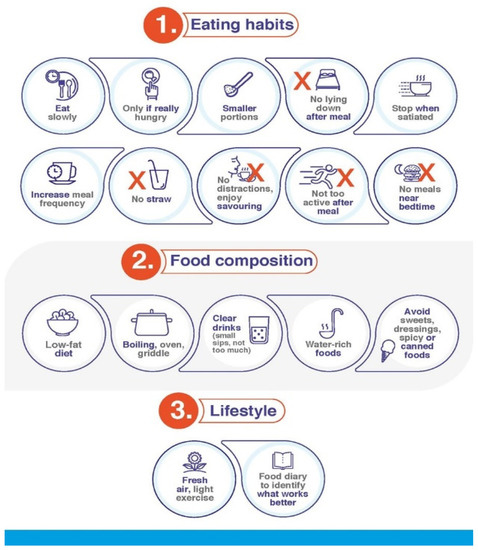
Introduction:Embarking on a medical weight loss journey often involves exploring innovative solutions, and GLP-1 receptor agonists have become a prominent player in this arena. However, like any medication, GLP-1s bring...
Introduction:
Embarking on a medical weight loss journey often involves exploring innovative solutions, and GLP-1 receptor agonists have become a prominent player in this arena. However, like any medication, GLP-1s bring along their set of considerations, with constipation being a topic that deserves attention. In this blog post, we'll delve into the relationship between GLP-1 and constipation, offering insights, tips, and friendly advice for those on their path to a healthier lifestyle.
Understanding the Limitations of Obesity:
 Obesity has many challenges. It's not just about health problems; it can affect how you feel about yourself. People with obesity might face judgment from others and find daily activities harder. Joint pain and a higher risk of diseases are common too. It's crucial to see obesity as more than just a health issue and consider its impact on emotions and social life.Medical interventions, such as GLP-1 therapies, aim to provide effective support in addressing obesity by influencing appetite and metabolism.
Obesity has many challenges. It's not just about health problems; it can affect how you feel about yourself. People with obesity might face judgment from others and find daily activities harder. Joint pain and a higher risk of diseases are common too. It's crucial to see obesity as more than just a health issue and consider its impact on emotions and social life.Medical interventions, such as GLP-1 therapies, aim to provide effective support in addressing obesity by influencing appetite and metabolism.
Role of GLP-1 in Tackling Obesity:
GLP-1 receptor agonists are designed to mimic the effects of a naturally occurring hormone called glucagon-like peptide-1 (GLP-1). These medications work by slowing down the digestive process, reducing appetite, and promoting a feeling of fullness. As a result, individuals can better manage their food intake and, consequently, work towards weight loss goals.
GLP-1 Side Effects
The use of GLP-1 receptor agonists, while beneficial for weight management, can sometimes come with side effects. These side effects often involve the digestive system, leading to symptoms such as nausea, vomiting, diarrhea, and, in some cases, constipation. These effects are a result of how GLP-1 slows down the digestion process and influences appetite. While these side effects are generally temporary and tend to improve as the body adjusts to the medication, it's essential for individuals using GLP-1 therapies to be aware of these potential outcomes.
Why Constipation Occurs with GLP-1:
Constipation can be a side effect of GLP-1 due to its impact on the digestive system.The mechanism involves the slowing down of the digestive process, leading to delayed movement of food through the intestines. This slower transit time allows the intestines to absorb more water from the stool, resulting in firmer and drier stools that may be difficult to pass. Understanding this mechanism helps individuals and healthcare providers address constipation associated with GLP-1 therapies more effectively, tailoring interventions to support digestive health during the weight loss journey.
Tips to Manage GLP-1 Constipation:

- Hydration is Key: Ensure you're drinking an adequate amount of water throughout the day. Hydration plays a crucial role in maintaining healthy bowel movements.
- Fiber-Rich Diet: Incorporate fiber-rich foods into your meals. Foods like whole grains, fruits, and vegetables can contribute to softer stools and alleviate constipation.
- Regular Exercise: Physical activity has numerous health benefits, including promoting regular bowel movements. Aim for at least 30 minutes of moderate exercise most days of the week.
- Consult Your Healthcare Provider: If constipation persists or becomes bothersome, don't hesitate to discuss it with your healthcare provider. They can provide personalized advice and, if necessary, suggest appropriate interventions.
Conclusion:
Embarking on a medical weight loss journey with GLP-1 therapies involves navigating various aspects, and constipation is one consideration that shouldn't be overlooked. By understanding the role of GLP-1, acknowledging the limitations of obesity, and implementing practical tips, individuals can proactively manage constipation and work towards their weight loss goals. Remember, your healthcare provider is your ally on this journey, ready to provide guidance and support tailored to your unique needs. For more insights and tips on navigating the intersection of GLP-1 and constipation, stay tuned to our blog. Your well-being is our priority at LifeRx.md!